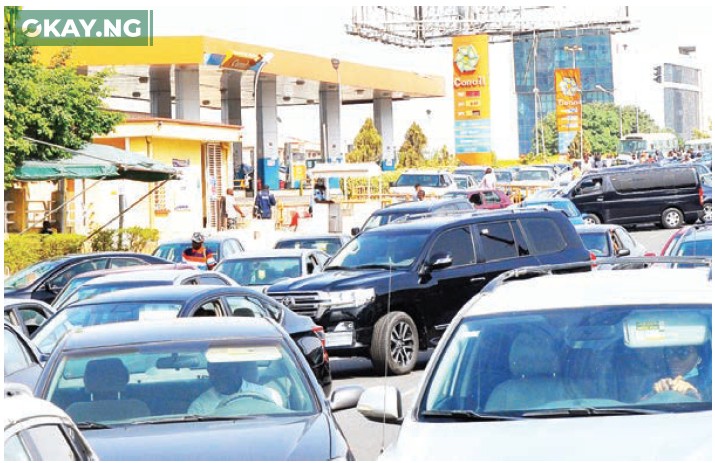Nigeria, Africa’s largest oil producer, is currently grappling with a significant fuel scarcity crisis. This article aims to provide the latest updates on the situation and answer the most pressing questions surrounding this issue.
Contents
What Caused the Current Fuel Scarcity in Nigeria?
The fuel scarcity in Nigeria can be attributed to several factors:
- Logistical Challenges: The Nigerian National Petroleum Company Limited (NNPC Ltd.) cited logistics as a major cause for the recent scarcity, although they claim that all issues have been resolved.
How Are Citizens Coping with the Fuel Scarcity?
The impact on citizens has been profound:
- Increased Prices: Petrol prices have neared N1000/litre in black markets, significantly affecting daily life and transportation costs.
- Long Queues: People have been facing long waits at petrol stations, with many stations running out of fuel or hiking prices.
What Is the Government’s Response to the Crisis?
The government’s response has included:
- Blaming Logistics: NNPC Ltd. has blamed logistics for the scarcity and assured that the issues are resolved.
What Are the Economic Implications of the Fuel Scarcity?
The economic implications are significant:
- Transportation Costs: With the increase in petrol prices, transportation fares have skyrocketed, leaving many commuters stranded.
- Inflation: The scarcity and increased fuel prices are expected to contribute to inflation, affecting the cost of goods and services.
Most Asked Questions
| Question | Answer |
|---|---|
| What caused the fuel scarcity? | logistical challenges. |
| How are citizens coping? | Facing increased prices and long queues. |
| What is the government’s response? | Blaming logistics. |
| What are the economic implications? | Rising transportation costs and potential inflation. |












